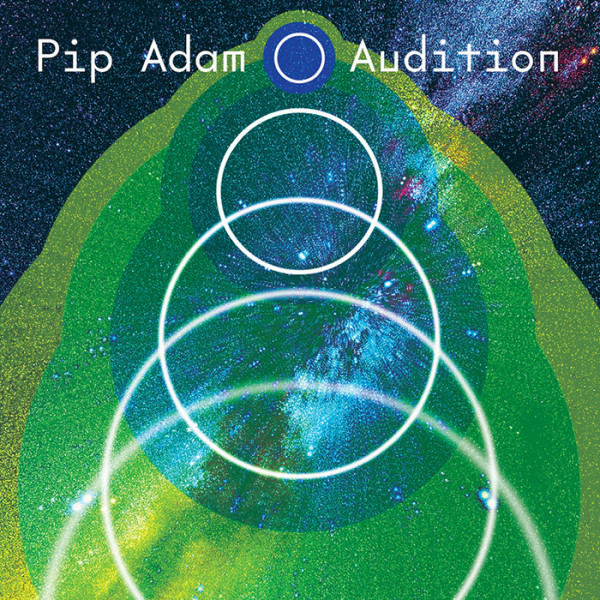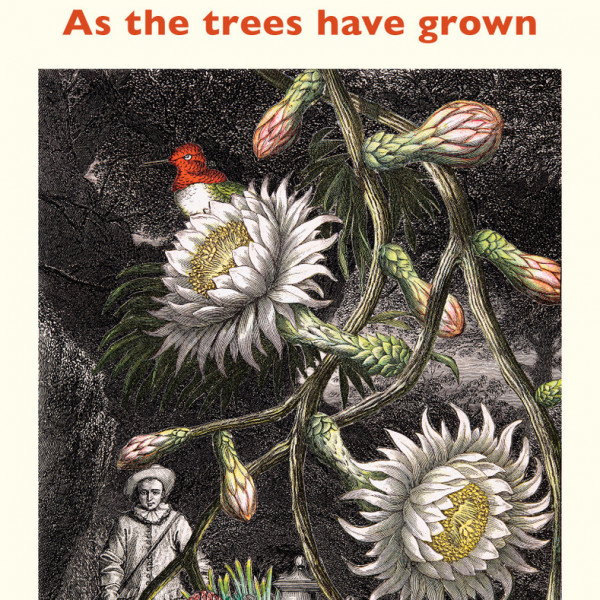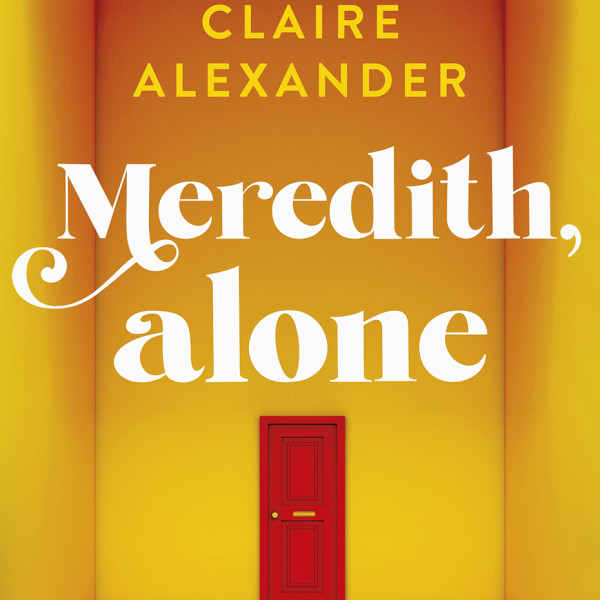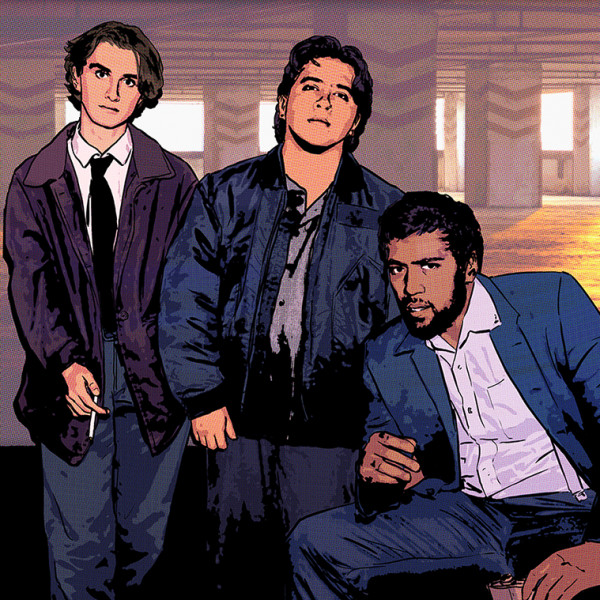
“We have measured our days by the sun, and now there is no sun.”
What does society do when people take up too much room? What do we do with their violence? How do we treat what we cannot explain? Pip Adam strives to figure out these questions in her latest novel Audition. Audition is part-science fiction and part-social realism, flipping between the past and the present.
Alba, Stanley, and Drew became too big of a problem. Like everyone else who grew too big (literally) to control, they are sent to space. Audition begins with the three characters on the spaceship, unsure if they’re all one being as they try to think their own thoughts and remember anything. The lack of memory and individualism is gripping, but the author lingers too long in the grey areas and the introduction loses its impact.
When we’re swung out of the spaceship and back into the past on Earth, new life is breathed into the work. Crashing back down to reality reveals shocking truths and evokes that familiar feeling of dread we get when science fiction hits a little too close to home. Is this how society could end up? We see Alba’s past and her connection with both Stanley and Drew, and how they came to be in space. We see the impacts of hate and violence. Fear turned to anger, submission, and the desire for invisibility.
The dream-like, sedated states of the giants shows the impact of power in the wrong hands. I’m still not sure how the space exploration ties in or what it means, and the end of the novel does little to clarify things. But as the wool is pulled off over our eyes, as layers of time reveal why each character ended up in this position, it’s clear there aren’t obvious answers to the questions Adam is posing. Audition makes you think outside of the box. You’ll question how crimes are dealt with, and how we value the lives of others.






















